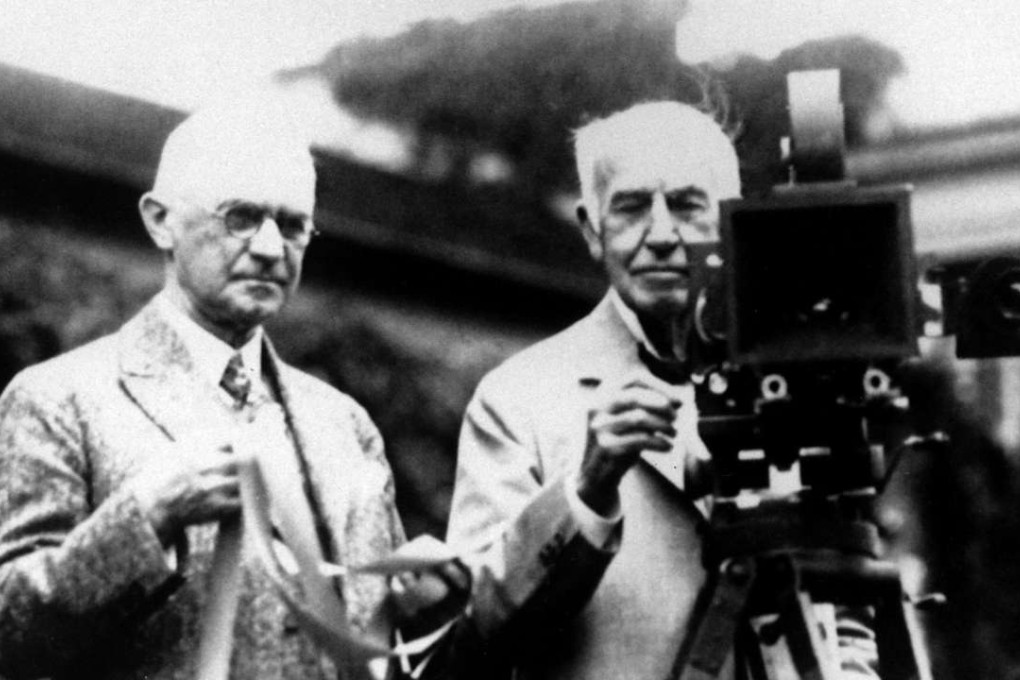Opinion | On Second Thought: the making of a great inventor

On this day, May 20, in the year 1891, Thomas Edison (1847-1931), one of the most influential inventors in human history, presented for the first time in public a prototype kinetoscope. It was to be the first motion picture viewer which brought about the cinema, the most popular form of mass entertainment thus far.
Edison’s creative achievements were colossal. In addition to the kinetoscope, he brought music to millions by inventing the phonograph that could record live music on discs. He changed our lives forever by inventing the electric light bulb, which made it possible to use days to the full.
Altogether, he held 1,093 patents in the US for his inventions. Not all of them were profitable concerns, but among the businesses he founded, General Electric remains a leading player in its field, ranking fifth in the world in market capitalisation.
He was born in the right nation, grew up in the right decades, and worked under the right circumstances
Born to a political refugee who had to flee their homeland for safety, Edison never had much school education. Deemed by his teacher to be “hyperactive”, he had to be taught at home by his mother. He lost out further on the starting line by contracting scarlet fever, which damaged his hearing permanently.
Edison’s success must first and foremost be attributed to his insatiable curiosity for new knowledge, plus, perhaps more importantly, his tireless quest for engineering solutions to his innovative ideas. But there was a favourable context too: he was born in the right nation, grew up in the right decades, and worked under the right circumstances.
The late 19th and early 20th centuries were the formative period for the modern United States. It was the age of mass immigration, which brought talent as well as labour to the hitherto undermanned continent. The advent of new technologies, rapid industrialisation, the rise of big business, and the rise of big cities turned a formerly agrarian society of small producers into an economic powerhouse dominated by cutting edge corporations.
Demand for innovative means of mass communication and new forms of mass entertainment boomed. Innovations were snapped up instantly by established business and financed generously, not unlike the present day digital era when hopeful start-ups can attract unbelievably high bids. Both the business climate and the social environment were in favour of creative products.
